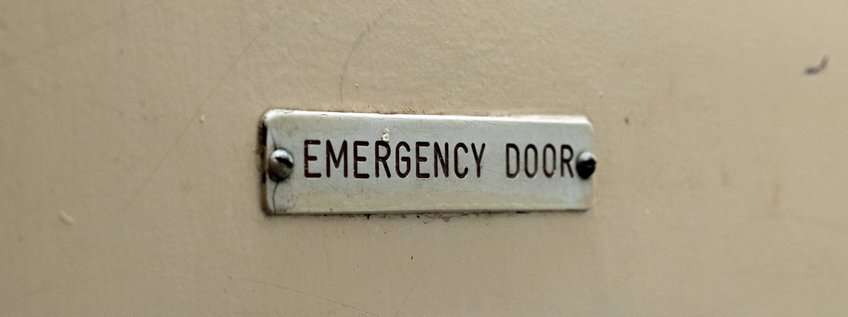
Derogation Powers and Continuing States of Emergency under the ECHR
Article 15 of the European Convention on Human Rights (ECHR) authorizes Member States to suspend human rights in time of war or other public emergencies. This derogation provision has been used several times, its invocation and use differing widely over time. Since 2015, for example, derogations have been invoked in response to terrorism, military aggression, an attempted coup d’état, a global pandemic, an energy shortage, and a natural disaster. There are two interesting features shared by some of these crises: First, many can be reasonably described as long-term or permanent. As shown by the example of terrorism, this feature has existed since the ECHR came into force. A future crisis exhibiting this feature might be climate change. Second, as illustrated by migration and global pandemics, modern crises are increasingly interconnected, a globalization-driven phenomenon involving multiple states and a developmental path that is often difficult to foresee. Due to their often long-term character and increasing interconnections, modern-day crises risk ever longer suspensions of human rights protections.
In response, this doctoral project examines whether Article 15 ECHR is consistent with and can be adapted to long-lasting and interconnected crises. To this end, it not only examines how long-term crises have traditionally been dealt with in domestic contexts, but engages in a comprehensive review of how the jurisprudence of the European Court of Human Rights and pertinent scholarly literature have framed and understood these issues. By employing the hermeneutics standards for the interpretation of the ECHR, the project seeks to develop a doctrine for Article 15 ECHR and to broaden our understanding of the complex intersections of human rights jurisprudence and public security law. Resonating primarily with the first and third axes of the Department’s research matrix concerning doctrinal foundations and challenges to democracy and human rights, the project will not only consider the suitability of Article 15 ECHR for long-term and interconnected crises, but will also examine the feasibility of competing doctrinal interpretations, and the utility of adopting various control mechanisms to regulate future Convention derogations.
| Research outcome: | doctoral dissertation at the University of Freiburg and the University of Geneva (2023–2025) |
|---|---|
| Research focus: | 1. Fundamentals: Theoretical Foundations and Doctrinal Structures |
| Project language: | English |
| Photo: | © Erik Kroon/Unsplash |
Talk
Human Rights Protection in Times of Crises: Derogations under the ECHR and IACHR during COVID-19. Presented at the Max Planck Law Annual Conference, Berlin, 10/31/2023.










